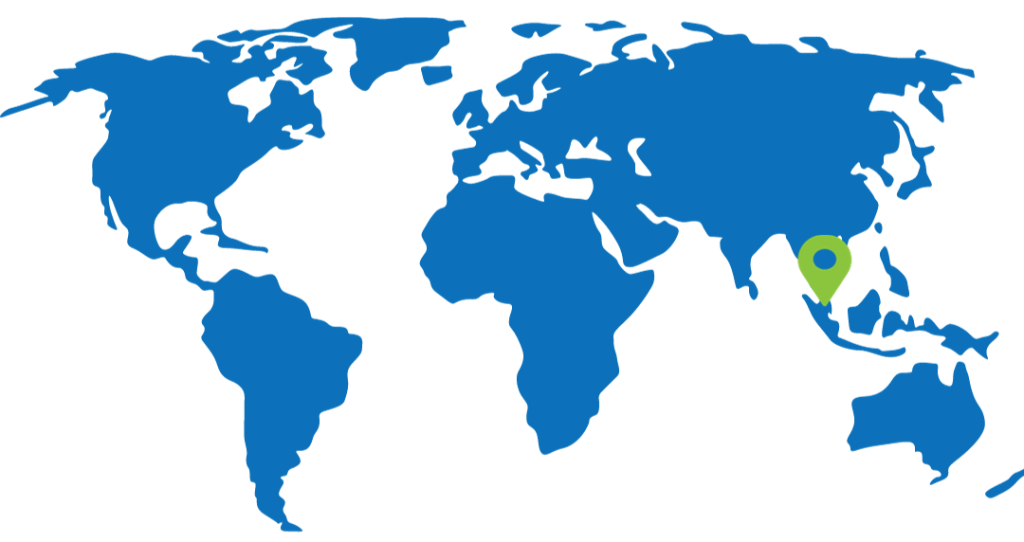Singapore has announced significant developments in its regulatory approach to generative AI (GenAI) with the unveiling of insights from its Global AI Assurance Pilot and the introduction of a new Testing Starter Kit. These initiatives, led by the AI Verify Foundation (AIVF) and the Infocomm Media Development Authority (IMDA), aim to formalize norms for the safe deployment and testing of GenAI applications across industries.

Global AI Assurance Pilot
Launched in February 2025, the Global AI Assurance Pilot was designed to establish best practices for the technical evaluation of GenAI tools. It paired 16 AI testers with 17 companies from 10 sectors—including finance, healthcare, and public services—that are actively integrating GenAI into their operations.
Key findings from the pilot revealed that GenAI risks are highly context-dependent. Factors such as use case, industry, culture, and language significantly impact how risks manifest. To address this, the pilot emphasized the need for ongoing collaboration with subject matter experts throughout the lifecycle of GenAI applications. IMDA and AIVF plan to continue refining the pilot based on feedback and sector-specific needs.
Testing Starter Kit for GenAI Applications
Building on the pilot’s findings, IMDA introduced a first-of-its-kind Testing Starter Kit, now open for industry feedback. The Kit provides a structured approach to evaluating GenAI systems, highlighting four major risk categories:
Hallucination (inaccurate content generation)
Undesirable content (inappropriate or harmful outputs)
Data disclosure (exposure of sensitive information)
Vulnerability to adversarial prompts (manipulation through input engineering)
The guide outlines practical testing steps for these risks and is designed for use across all industries. It is complemented by tools like Project Moonshot, which provides businesses with a platform to execute the recommended tests. The Kit will evolve in response to emerging threats and technical advancements.
Alignment with International AI Governance
Singapore continues to integrate its frameworks with global standards. The AI Verify Testing Framework, first launched in 2022, has been updated to include GenAI-specific risks. In partnership with the U.S. National Institute of Standards and Technology (NIST), Singapore developed a crosswalk aligning its framework with the NIST AI Risk Management Framework: Gen AI Profile.
Furthering its commitment to responsible AI, Singapore hosted the 2025 International Scientific Exchange on AI Safety, leading to the release of “The Singapore Consensus on Global AI Safety Research Priorities.” This document is now a cornerstone of international dialogue, guiding policymaker-scientist collaboration on AI risk management.
Singapore also announced new partnerships:
A Memorandum of Understanding with the UNDP to expand the AI4Good initiative globally, advancing AI literacy in six developing countries.
A Joint Statement with France’s AI Safety Institute to deepen bilateral cooperation on AI safety.
Establishing Global Standards for Data Privacy
In addition to AI safety, Singapore is strengthening its role in global digital trust frameworks through the launch of the Global Cross-Border Privacy Rules (CBPR) Certification. Announced at the ATxSG 2025 event, this new certification is intended to support trusted cross-border data flows by ensuring organizational compliance with internationally recognized data protection standards.
Singapore, serving as deputy chair of the Global CBPR Forum, is spearheading the initiative alongside the United States. The new certification framework grants certified organizations access to nine economies, collectively representing approximately $40 trillion in market size.
Starting June 2, 2025, companies can apply for the Global CBPR Certification. It will replace the existing Asia Pacific Economic Cooperation (APEC) CBPR system, broadening its scope to include a more extensive global framework. Prominent organizations such as OCBC, IBM, and Mastercard already certified under the APEC CBPR will transition to the new certification.
For this article’s source information and any product certification guidance, please contact Global Validity.
Quick Country Facts
Singapore
Certification Body: Infocomm Media Development Authority (IMDA)
Certification Type: Mandatory
License Validity: 60 Months
Application Language: English
Legal License Holder: Local Representative
In-Country Testing Requirement: Testing Not Required
The regulatory information above is based on radio type approval certification. Access additional certification requirements in over 200 countries and territories with Global Validity’s free proprietary product certification management software, Access Manager. Learn more about the platform here or fill our quick contact form!
Global Validity is your partner for global certification success
Want to learn more about regulatory compliance and how we can help? Simply fill out the form below and we’ll be in touch!
